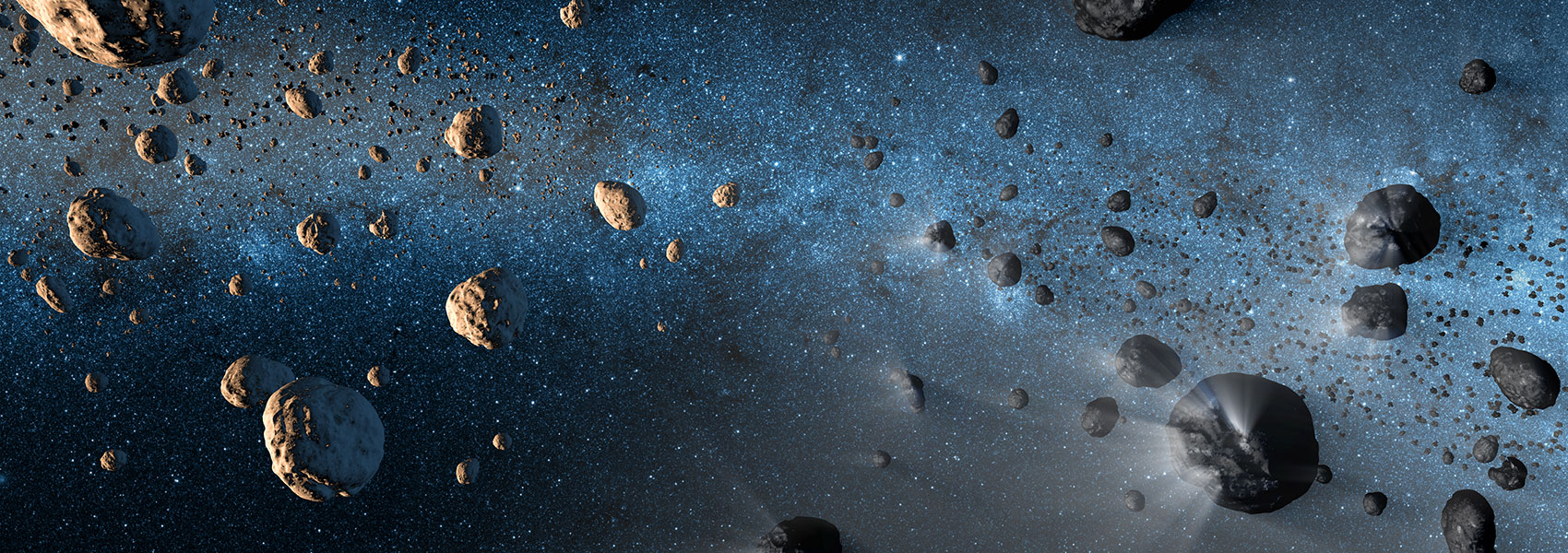May
2020
•
2020AJ....159..199D
Authors
•
Donor, John
•
Frinchaboy, Peter M.
•
Cunha, Katia
•
O'Connell, Julia E.
•
Allende Prieto, Carlos
•
Almeida, Andrés
•
Anders, Friedrich
•
Beaton, Rachael
•
Bizyaev, Dmitry
•
Brownstein, Joel R.
•
Carrera, Ricardo
•
Chiappini, Cristina
•
Cohen, Roger
•
García-Hernández, D. A.
•
Geisler, Doug
•
Hasselquist, Sten
•
Jönsson, Henrik
•
Lane, Richard R.
•
Majewski, Steven R.
•
Minniti, Dante
•
Bidin, Christian Moni
•
Pan, Kaike
•
Roman-Lopes, Alexandre
•
Sobeck, Jennifer S.
•
Zasowski, Gail
Abstract
•
The Open Cluster Chemical Abundances and Mapping (OCCAM) survey aims to constrain key Galactic dynamical and chemical evolution parameters by the construction of a large, comprehensive, uniform, infrared-based spectroscopic data set of hundreds of open clusters. This fourth contribution from the OCCAM survey presents analysis using Sloan Digital Sky Survey/APOGEE DR16 of a sample of 128 open clusters, 71 of which we designate to be "high quality" based on the appearance of their color-magnitude diagram. We find the APOGEE DR16 derived [Fe/H] abundances to be in good agreement with previous high-resolution spectroscopic open cluster abundance studies. Using the high-quality sample, we measure Galactic abundance gradients in 16 elements, and find evolution of some of the [X/Fe] gradients as a function of age. We find an overall Galactic [Fe/H] versus RGC gradient of -0.068 ± 0.001 dex kpc-1 over the range of 6 < RGC < 13.9 kpc; however, we note that this result is sensitive to the distance catalog used, varying as much as 15%. We formally derive the location of a break in the [Fe/H] abundance gradient as a free parameter in the gradient fit for the first time. We also measure significant Galactic gradients in O, Mg, S, Ca, Mn, Cr, Cu, Na, Al, and K, some of which are measured for the first time. Our large sample allows us to examine four well-populated age bins in order to explore the time evolution of gradients for a large number of elements and comment on possible implications for Galactic chemical evolution and radial migration.
Links



